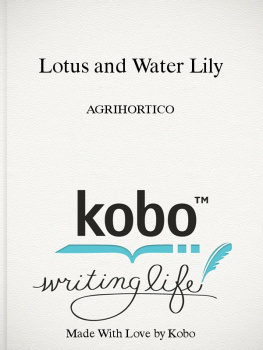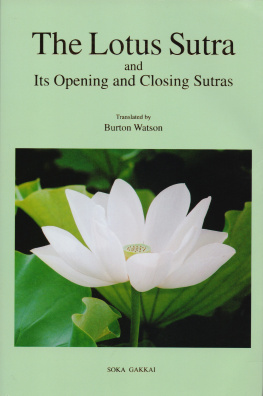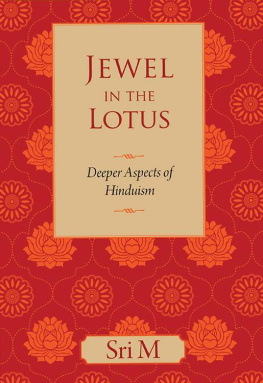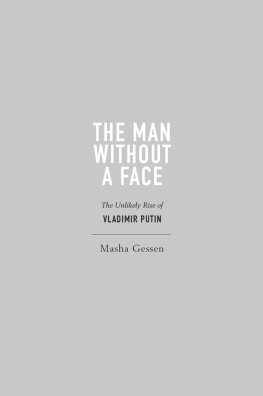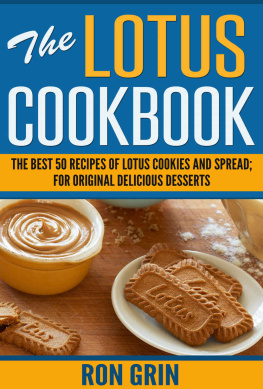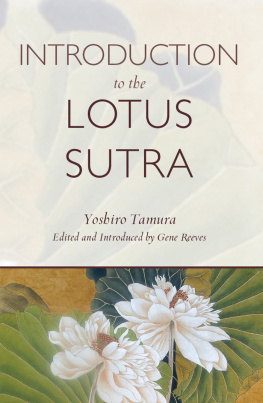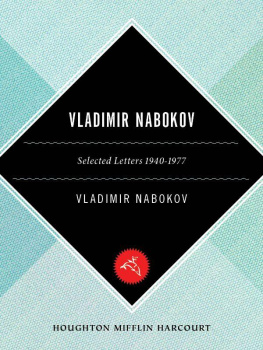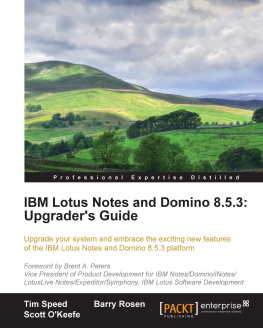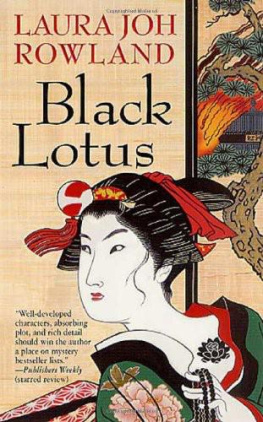BEYOND
THE GOLDEN
LOTUS
A sequel to the Chinese novel Chin P'ing Mei, this book details the lives, fates and after-lives of the wealthy businessman Hsi Men and his six wives. A brilliant story and the dramatic historical background of twelfth century China make this a unique work of tremendous scholarly and humanistic value. Intriguing chapter headings include, Frightened by a bad Dream, Moon Lady sacrifices her Pearls and A white Eyeball looks down upon the forlorn little Boy; no one takes Pity on him.
www.keganpaul.com
THE KEGAN PAUL CHINA LIBRARY
WANDERINGS IN CHINA
Robert Fortune
VILLAGE LIFE IN CHINA
Arthur H. Smith
SOCIAL LIFE OF THE CHINESE
Justus Doolittle
RULERS OF CHINA
A. C. Moule
BEYOND THE GOLDEN LOTUS
Ko Lien Hua Ying
JADE
Berthold Laufer
CHINA
Mortimer Menpes and Henry Arthur Blake
OLD BUDDHA
Der Ling
TWO YEARS IN THE FORBIDDEN CITY
Der Ling
SUN TZU ON THE ART OF WAR
Lionel Giles
THE MIDDLE KINGDOM
S. Wells Williams
THINGS CHINESE
J. Dyer Ball
First published in 2004 by
Kegan Paul Limited
UK: P.O. Box 256, London WC1B 3SW, England
Tel: 020 7580 5511 Fax: 020 7436 0899
E-Mail: books@keganpaul.com
Internet: http://www.keganpaul.com
USA: 61 West 62nd Street, New York, NY 10023
Tel: (212) 459 0600 Fax: (212) 459 3678
Internet: http://www.columbia.edu/cu/cup
BAHRAIN: babrain@keganpaul.com
Distributed by:
Extenza-Turpin
Stratton Business Park
Pegasus Drive
Biggleswade, Bedfordshire SGl8 8QB
United Kingdom
Tel: (01462) 672555 Fax: (01462) 480947
Email: books@extenza-turpin.com
Columbia University Press
61 West 62nd Street, New York, NY 10023
Tel: (212) 459 0600 Fax: (212) 459 3678
Internet: http://www.columbia.edu/cu/cup
Kegan Paul, 2004
Printed in Great Britain by Digital Books Logistics
All Rights reserved. No part of this book may be reprinted or reproduced or utilised in any form or by any electric, mechanical or other means, now known or hereafter invented, including photocopying or recording, or in any information storage or retrieval system, without permission in writing from the publishers.
ISBN: 0-7103-0798-5
British Library Cataloguing in Publication Data
A catalogue record for this book is available from the British Library.
Library of Congress Cataloging-in-Publication Data
Applied for.
Printed in Great Britain by Digital Books Logistics
T HE TEXTUAL SOURCES of our novel resemble those sheer walls of the Grand Canyon where succeeding phases in the earth's history are graphically portrayed in the superimposed strata of rock. No fewer than five separate sources, distinct as to material and period, have to be taken into account in our consideration of the origins of Flower Shadows. We must do as the tourist does when, from the El Tovar Hotel, on the rim of the Canyon, he sets out, generally on a donkey, to scramble down the steep, narrow Bright Angel Trail into the Canyon's depths: starting with the most recent phase we must work our way down into the depths of the book's five hundred years' development.
[A] The latest text, which I obtained in January 1956, from my Chinese bookseller in Hong Kong, while I was engaged in the two years' labour of translation, bears the title
KO LIEN HUA YINGFlower Shadows behind the Curtain.
It is in two volumes, contains forty-eight chapters, and was issued in December 1948, by the Central Press in Shanghai. It is the third printing, the first having appeared in 1929. The publisher's imprint is Y Shan Tchen.
The title has a double significance. The word flower refers to the fair ladies, more especially Silver Vase, who, only in the distance of the evening and by lamplight, showed themselves as shadows behind their window-curtains to the guests in the flower-garden of Grand Mistress Li. But the curtain of death may also be intended, behind which appear three ladies who died in the course of the Chin P'ing Mei story and are now reincarnated: Lady Ping as Silver Vase, Gold Lotus as Cinnabar-Cinnamon and Spring Plum as Fragrant Jewel. It may be surmised that both meanings were intended by the author.
[B] My German rendering has been based throughout on an earlier edition, also entitled Ko Lien Hua Ying and also containing forty-eight chapters, in twelve volumes of large format.* I am unable to give details as to the publisher, or the year and place of publication, because unfortunately the title-page is lacking from this copy, which was sent to me in 1952 from Tientsin. Reliable Chinese literary historians confirm that this edition appeared towards the end of the Ch'ing Dynasty (16441911), presumably at the beginning of the reign Kuang-hs (18751908). The format, paper, printing and general condition of the copy in my possession lead me to suppose that it is a first edition which appeared about 1880. This edition includes a facsimile of the handwritten introduction of some unknown admirer of the novel. He signs it with the pseudonym Ssu Ch'iao Ch Shih, Recluse of the Four Bridges. His introduction, in normal print, is retained in the latest edition which I have called edition A.
The two editions are textually identical except in one respectcertain passages of a delicate nature have been omitted from edition A. The earlier edition is therefore the complete one. I have based my German rendering throughout on this earlier edition and have used the modern one merely for purposes of comparison. The Ko Lien Hua Ying text is by no means to be regarded as an integral, original work. The fact is rather that Ko Lien Hua Ying is the considerably shortened but basically identical edited version of a novel two hundred years older, bearing a different title. This takes us back to the seventeenth century and to the third level in our process of literary excavation.
[C] On the copyright and imprint page of the second volume of the modern edition (A), where the publisher's name and designations are given, it is also clearly stated:
Alternative title: HS CHIN P'ING MEI
The four ideographs mean literally: Continuation of Chin P'ing Mei, And the important noticea short foreword at the beginning of volume 1 of the same editionmakes in the same candid manner the following avowal:
This text, Ko Lien Hua Ying, is based upon the work of a retired dignitary, using the pen-name Tzu Yang Tao Jen, who was born towards the end of the Ming Dynasty (13681644).
Behind the pseudonym, Tzu Yang Tao Jen (Reclusetao jenof the Purple Brilliancetzu yang) the author has hidden his civil name, Ting Yao k'ang. Concerning his person and his hfe and work certain definite facts are known. (See Lu Hsn, Hsiao Shuo Chiu Wen Ch'aodocumentary notes from old sources on the history of Chinese fictionpublished 1926, p. 62 et seq., and also Chung Kuo Hsiao Shuo Shih LehOutline History of Chinese Fictionpublished 1924, Vol. II, p. 203 et seq.) We learn that Ting Yao k'ang, who bore the honorary name of Yeh Hao (wild crane), was born in the town of Chu Ch'eng in Shantung, and lived from 1620 to 1691. He lost his father early in life, was exceptionally gifted, galloped like an unbridled horse to the status of a master of literature, achieved his




